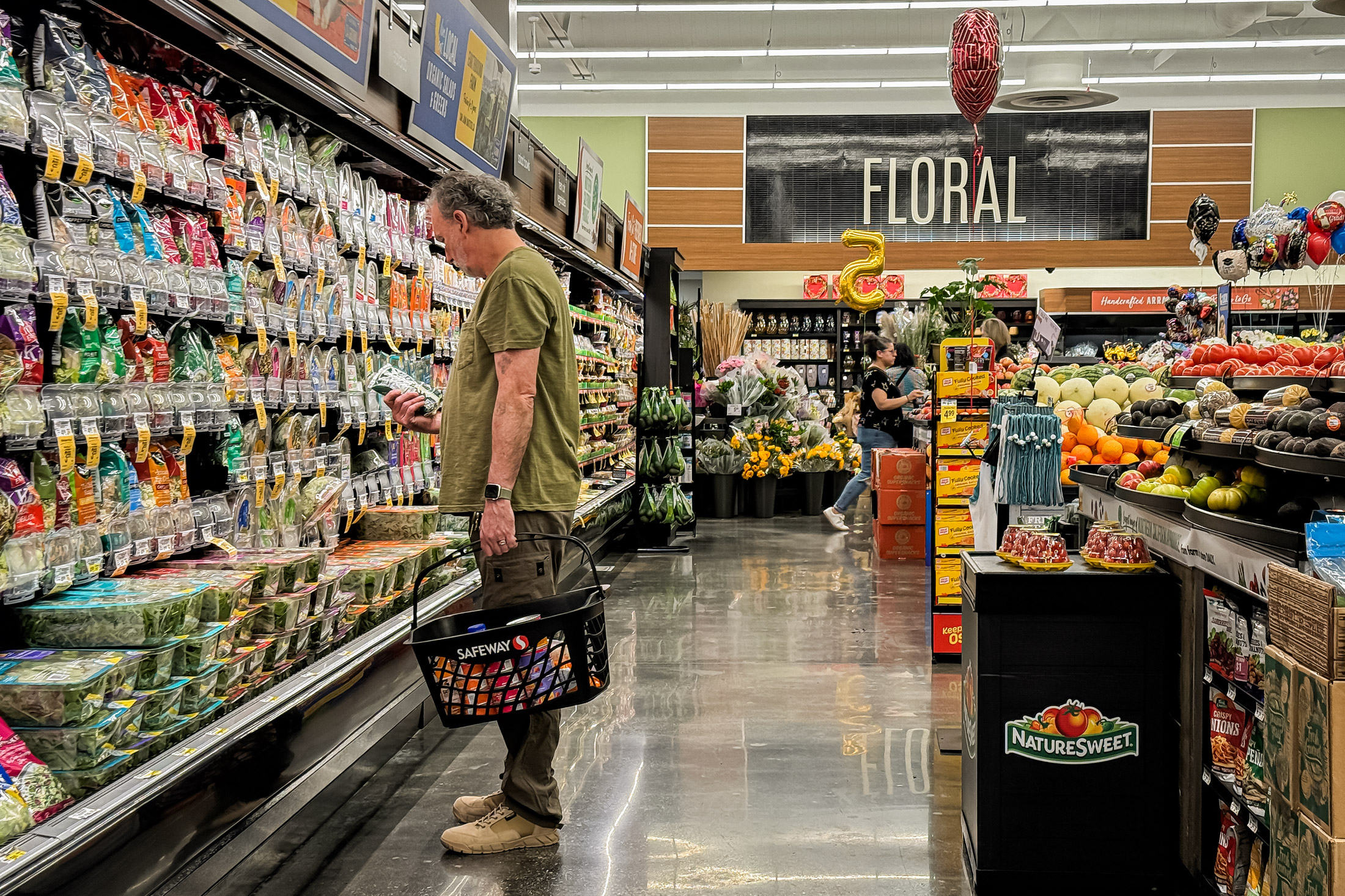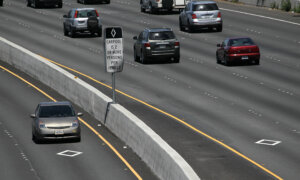Emerson College has released new polling data showing that the California economy remains top of mind for the state’s voters ahead of Election Day. The poll also shows that more than half of Californians have considered leaving the Golden State altogether because of the cost of living.
Thirty-one percent of California voters consider the economy to be the top issue, with 19 percent viewing housing affordability as the biggest issue facing the state. Other responses in the poll make it clear why California voters view the economy as so important, as they provide a snapshot of a state that is clearly suffering economically.
About 37 percent of voters in California said they have had to choose between paying for food and paying for utilities in the past month, while 63 percent said they have not. Furthermore, 35 percent said they have had to choose between paying for food and paying for housing in the past month, while 65 percent said they have not. That’s more than one-third of California voters who are having to make sacrifices of shelter, nutrition, or utilities.
Meanwhile, 26 percent said they have had to choose between food and prescription medications in the past month, while 74 percent said they have not.
According to the survey, 56 percent of California voters have considered moving from the state, citing cost of living as the reason. Forty-four percent said they have not thought about leaving.
Other top issues on the minds of California voters include health care (10 percent), education (10 percent), and crime (8 percent).
At the national level, The Emerson College Polling/Inside California Politics/The Hill survey of California voters shows that 59 percent support Vice President Kamala Harris for president in 2024. Just 35 percent support former President Donald Trump. Among undecided voters, Harris leads Trump by a much narrower margin—52.1 percent to 47 percent.
Only 2 percent of voters support a different candidate. Although Emerson asked respondents to specify their choice, those data were not made available in the results. Just 4 percent remain undecided, although these voters lean toward Harris.
“Since the September California poll, the margin between Trump and Harris has stayed the same at 24 points,” Spencer Kimball, executive director of Emerson College Polling, said. “Including who undecided voters are leaning toward, Harris’ 61 percent is slightly underperforming Joe Biden’s 2020 vote, of 63.5 percent, and Trump’s 37 percent is slightly overperforming his 2020 vote, of 34.3 percent.”
Rep. Adam Schiff (D-Calif.), the incumbent, leads former San Diego Padre and Los Angeles Dodger Steve Garvey, a Republican, 56 percent to 33 percent in the U.S Senate race, although 11 percent of voters are undecided. Garvey appeared in the World Series for both teams—four times with the Dodgers in the 1970s and ’80s and once with the Padres in 1984.
Voters gave Gov. Gavin Newsom a 46 percent disapproval rating versus a 43 percent approval rating. Biden has a 46 percent approval rating among California voters.
Sixty-one percent view Harris favorably, and 39 percent have an unfavorable view. Meanwhile, 35 percent view Trump favorably, and 65 percent hold an unfavorable view of him.
About 77 percent of voters believe that California voters can rest assured that their votes will be correctly counted in the upcoming 2024 presidential election, while 23 percent are not so confident.
An estimated 94 percent of Democrats believe that votes will be counted properly versus just 54 percent of Republicans, and 70 percent of independents are confident that their votes will be accurately counted.
Forty-one percent of voters are for increasing the number of deportations of illegal immigrants, while 36 percent believe that it would make the situation worse. Meanwhile, 23 percent don’t believe that it would have any impact.
Sixty-four percent believe that there should be more opportunities for people to legally immigrate to the United States. Twenty-four percent do not want to increase opportunities for immigration and believe it would actually worsen the situation, and 13 percent don’t believe that it would have an impact.
The poll was conducted Oct. 12 to Oct. 14 and included 1,000 respondents.














